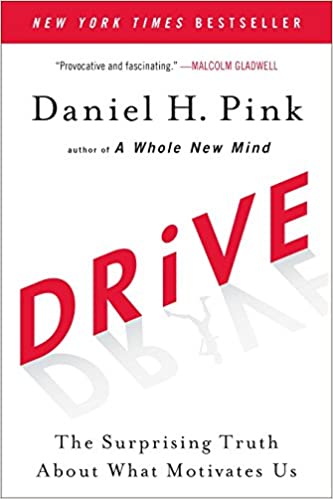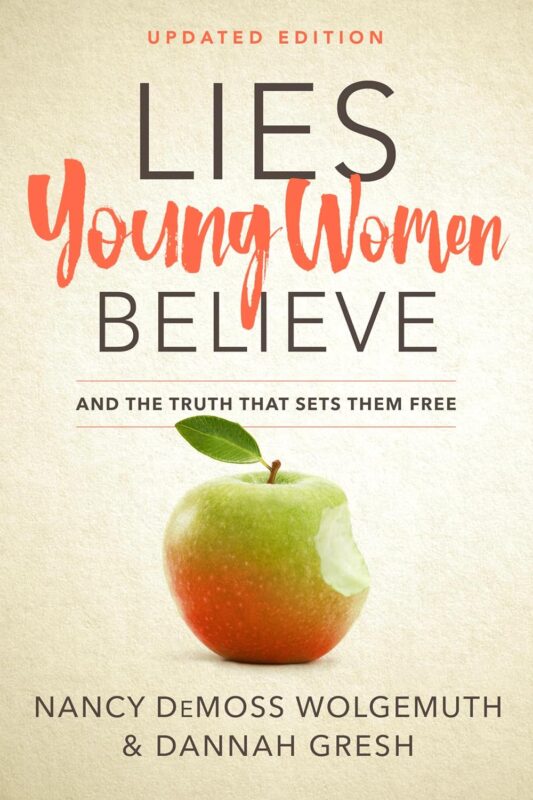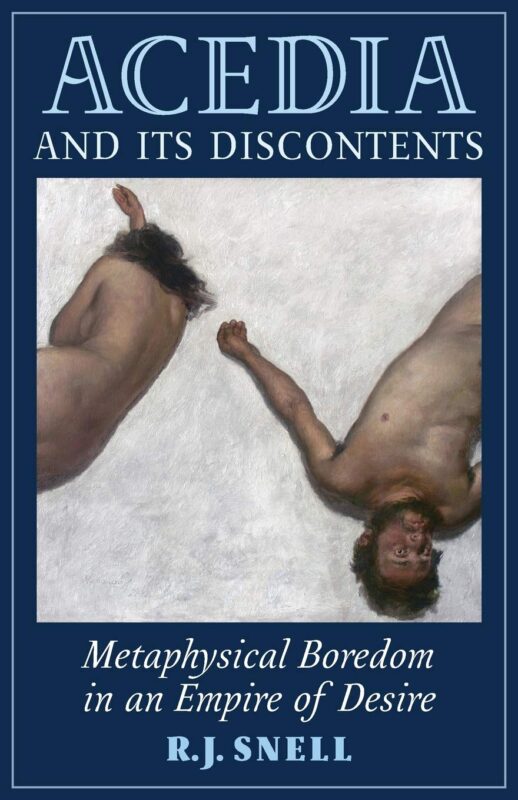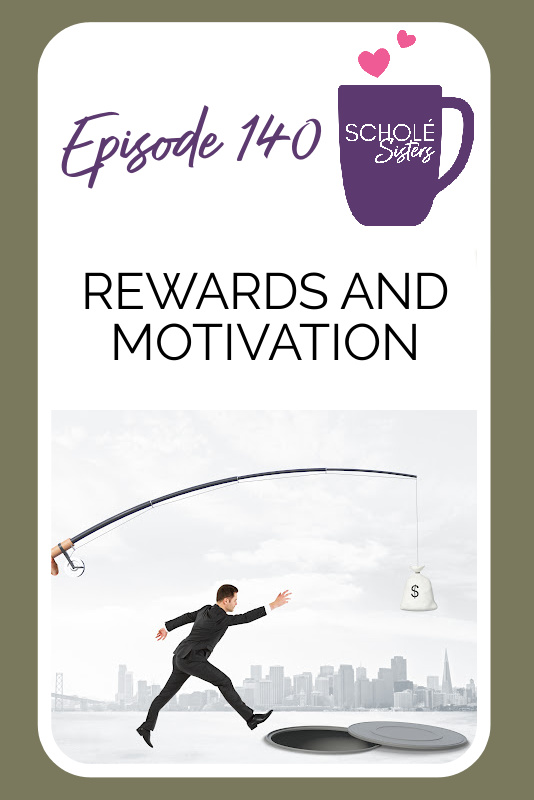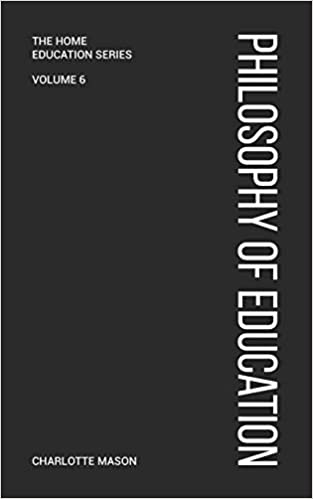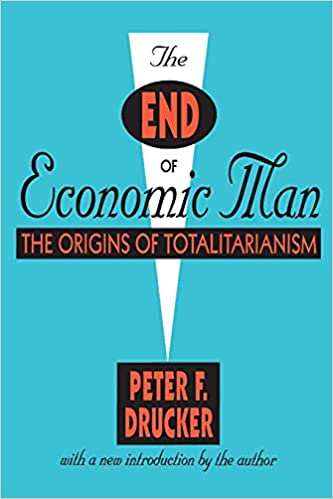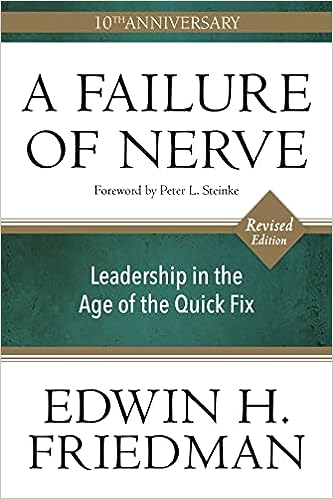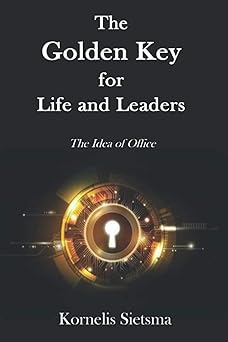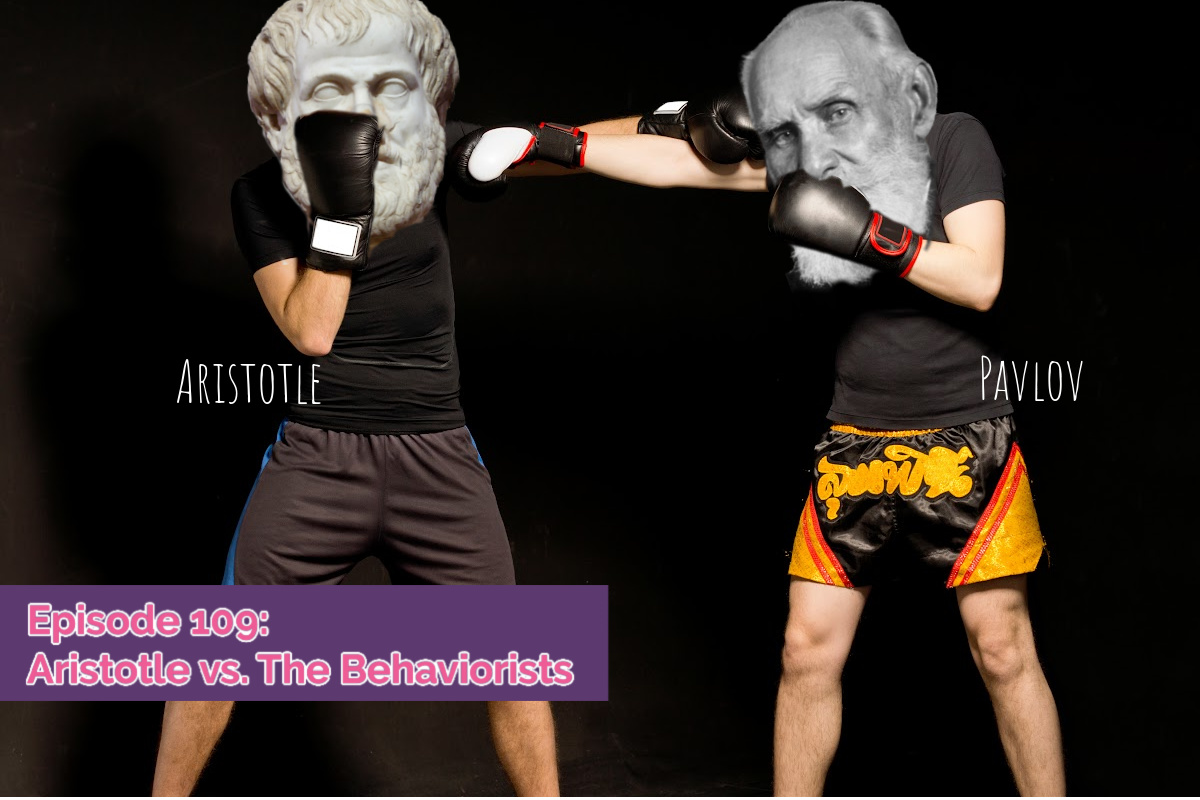SS #140 – Rewards & Motivation
How to motivate our children is a perennial issue for homeschool moms, so it’s a regular topic here on Scholé Sisters!
Previously, we’ve had these conversations about rewards and motivation:
This time our “guest” is a book – Drive: The Surprising Truth about What Motivates Us by Daniel Pink. In this book, Pink talks about the differences between intrinsic and extrinsic rewards, and when each kind is needed.
Listen to the podcast:
TUNE IN:
Apple Podcasts | Spotify | Stitcher
Motivation in your homeschool
Today’s Hosts and Source
Drive: The Surprising Truth about What Motivates Us
Children who are praised for “being smart” often believe that every encounter is a test of whether they really are. So to avoid looking dumb, they resist new challenges and choose the easiest path. By contrast, kids who understand that effort and hard work lead to mastery and growth are more willing to take on new, difficult tasks.
Daniel Pink, Drive
Scholé Everyday: What We’re Reading
Lies Young Women Believe, Nancy Wolgemuth & Dannah Gresh
Abby is using this book to lead a girls-only Sunday School class at church.
Acedia and Its Discontents, R.J. Snell
Mystie is being convicted of the deadly sin of Sloth by this book.
Taliesin, Stephen Lawhead
Brandy is recovering from moving across country with this novel.
Two kinds of motivation
There are two kinds of motivation, and not all motivation are created equal.
Extrinsic motivation refers to reasons to motivate that come from outside the person, added on to the situation that’s not natural. Most reward systems are extrinsic motivation.
Intrinsic motivation means the desire to move springs from inside, due to desire, attraction, and purpose. Intrinsic motivation does not see effort as always one side of a transaction which requires compensation.
It’s the gold standard of motivation. It’s what we should be tapping into.
We can’t ever be guaranteed to trigger intrinsic motivations in other people, which is why we often fall back on adding extrinsic rewards.
Rewards are not always manipulative
Rewards set up in order to control people’s behavior will be manipulative. Even when we are attempting to manipulate our kids to do good and right things,
Sometimes we say we’re trying to motivate, but we’re really trying to manipulate.
To motivate someone is to help them start up their own engine to move forward, not simply push them around.
Manipulation is not moving someone, it’s pushing them around with your own locomotion, which means they don’t develop their own momentum.
The first gut-check thing we can do is to ask if we’re trying to get our kids to dance the part of the dance I’ve lined out for them.
Rewards and punishments are not always wrong. We know this because God rewards and punishes. We have been created to imitate our father in how we parent our children, too. So what is the proper place for rewards? Stay tuned – Mystie and Abby both have examples later in the episode.
The end of Economic Man
All education (and parenting!) presupposes an anthropology. Do you know yours?
“Economic Man” refers to the understanding that people evolved from biologically driven behavior to transactional behavior. The assumption is that all people are motivated by self-interest.
Under the premise of Economic Man, everyone is always motivated only (or at least primarily) for what the self gets out of it – everything is a transaction.
It’s turns out, man is more than a calculating being. Their assumptions can’t account for real life.
The predictions made under Economic Man have not worked, yet much business structure and government policy are based on the presumption that each person is only looking out for number 1.
There is no room for nobility or dignity in this modern, Darwinian anthropology. We probably have more of this view hidden in our assumptions about people and the world than we realize.
The Bible teaches us that people can be motivated by love.
Christian anthropology requires internal motivation
If we believe education is self-education, then we also need to believe that there is internal motivation.
If we aren’t filling a bucket, we have to be lighting internal motivation, not applying external pressure and influential control.
We give our children a conducive place to be molded in by their God. We are not the potter. Although we have authority, we do not control others – nor are we supposed to.
“When the reward is the activity itself–deepening learning, delighting customers, doing one’s best–there are no shortcuts.”
Daniel Pink, Drive
Utilitarianism is still getting in Pink’s way to fully developing what he calls “Motivation 3.0”
The atmosphere required for motivation
Your best approach is to have already established the conditions of a genuinely motivating environment. The baseline rewards must be sufficient. That is, the team’s basic compensation must be adequate and fair — particularly compared with people doing similar work for similar organizations. Your nonprofit must be a congenial place to work. And the people on your team must have autonomy, they must have ample opportunity to pursue mastery, and their daily duties must relate to a larger purpose. If these elements are in place, the best strategy is to provide a sense of urgency and significance — and then get out of the talent’s way.
Daniel Pink, Drive
For intrinsic rewards to develop, we have to create an atmosphere where
- They are warm, fed, clean, healthy, and loved
- Each person has free time and the ability to use that time well
- Each person has room for appropriate free choice rather than micromanaging
- Fellowship is integral, and congeniality is the working tone
- Everyone is in harmony with a larger purpose
Getting out of the talent’s way is akin to Charlotte Mason’s masterly inactivity.
Our children should have a creative capacity to fulfill a given mission, not just a duty to check all the boxes we’ve designed for them.
Do you see your children as your talent or as a cog in your machine or an employee in your business?
Make a choice; bear the consequences
If they do the right thing only because mom told them always what to do and they always obeyed, they remain dependent on mom to be told what to do – they will not then be able to make good choices when they are on their own.
Without any skill in making independent choices and bearing the consequences, they will likely look to someone else to make their choices or simply flounder.
Although we cannot force education onto or into our children, as responsible moms, we can give our children the option of being bored or educated.
To do this, we must remove demotivating and addicting behaviors off the table so they can only choose between the two options.
It helps if what we offer them is only true education, not busy work and dumb activities that get in the way of having productive personal free time.
A craft a child chooses and accomplishes is better for him than a craft mom developed to tie into the history studies, even if the quality and relevance of the craft is less. Its overall value to the child’s development will be greater.
Two version of Autonomy
Autonomy can mean self-controlled, self-governing persons with agency. The kind of autonomous person Pink is talking about is still a productive member of a team.
Sometimes autonomy can be used to refer to someone who is living as an individual atom, self-referential, and disconnected.
The autonomous team member isn’t deciding whether or not he’s going to do the work, but how he is going to go about accomplishing the work.
“Intrinsic motivation is conducive to creativity; controlling extrinsic motivation is detrimental to creativity.”
Daniel Pink, Drive





